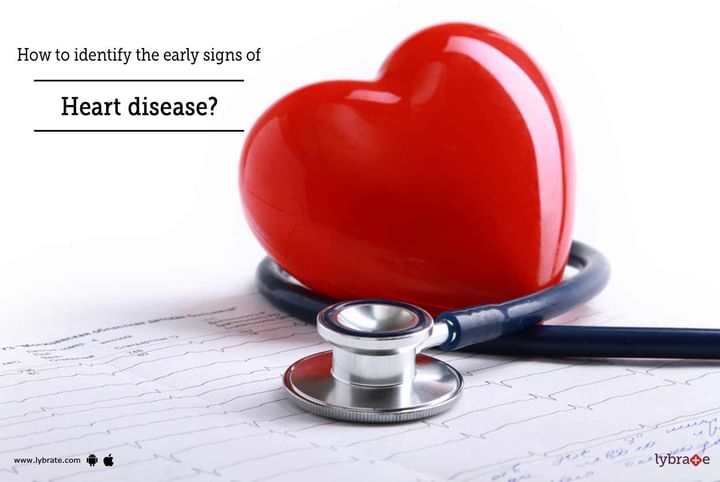How to identify the early signs of heart disease?
Cardiovascular diseases describe a range of problems or conditions that affect the heart. These include congenital heart disease, arrhythmia, coronary artery disease, blood vessel diseases, and so on.
Identifying the early signs of heart disease
Not all heart diseases come with clear warning signs. If you have a family history of heart problems or have recently been diagnosed with a condition that may put you at risk of cardiovascular disorders, such as obesity, hypertension, then you should keep an eye out for the following signs –
- Discomfort in the chest – This is the most alarming and common sign of heart disease. Feeling pressure, tightness, or pain in the chest could be indicative of a heart attack or blocked artery. The feeling typically lasts longer than a few minutes and maybe felt when you are physically active or at rest.
- Indigestion, nausea, abdominal pain, and heartburn – Even though these symptoms can occur due to several reasons that have nothing to do with your heart, you need to be wary that they are linked to a heart attack.
- Pain in the arms – Another common sign of heart problem, particularly heart attack, is pain that extends from the arms down the left portion of the body.
- Lightheadedness or dizziness – You may feel faint shortly or lose your balance due to many reasons – for example, you may have been skipping your meals or you may be dehydrated for long. However, if you feel unsteady suddenly, or experience shortness of breath and discomfort in the chest, then it could be an indication of a serious heart problem.
- Jaw or throat pain – Pressure or pain in the centre of the chest that slowly radiates up to the jaws or throat may be a sign of heart attack.
- Feeling tired or fatigue – If you feel fatigued or tired suddenly even after performing routine tasks or mild physical activities, like carrying grocery bags, climbing the stairs, or brisk walking, then something may be wrong with your heart. Unexplained weakness or extreme exhaustion, sometimes lasting for days on end, could be a sign of heart problem, particularly in women.
- Irregular heartbeat – It is normal for the heart to race when you are excited or nervous. But if you feel your heart is beating faster for more than a few seconds, you may be having atrial fibrillation.
- Unexplained sweating – Excessive sweating for no apparent reasons could be a sign of heart attack.
- Swollen feet, legs, and ankles – This could indicate that your heart is not pumping blood as efficiently as it should.
The signs and symptoms may vary depending on the condition that is affecting the heart. It is imperative that you learn to identify the signs for different heart problems early in order to receive the correct diagnosis and proper treatment.


+1.svg)
